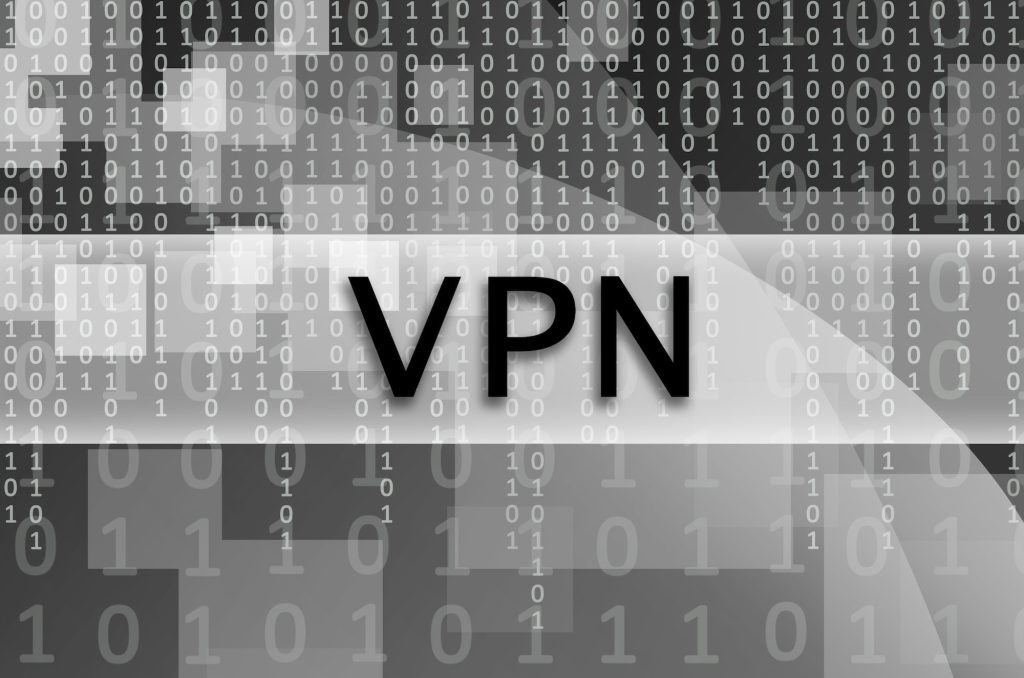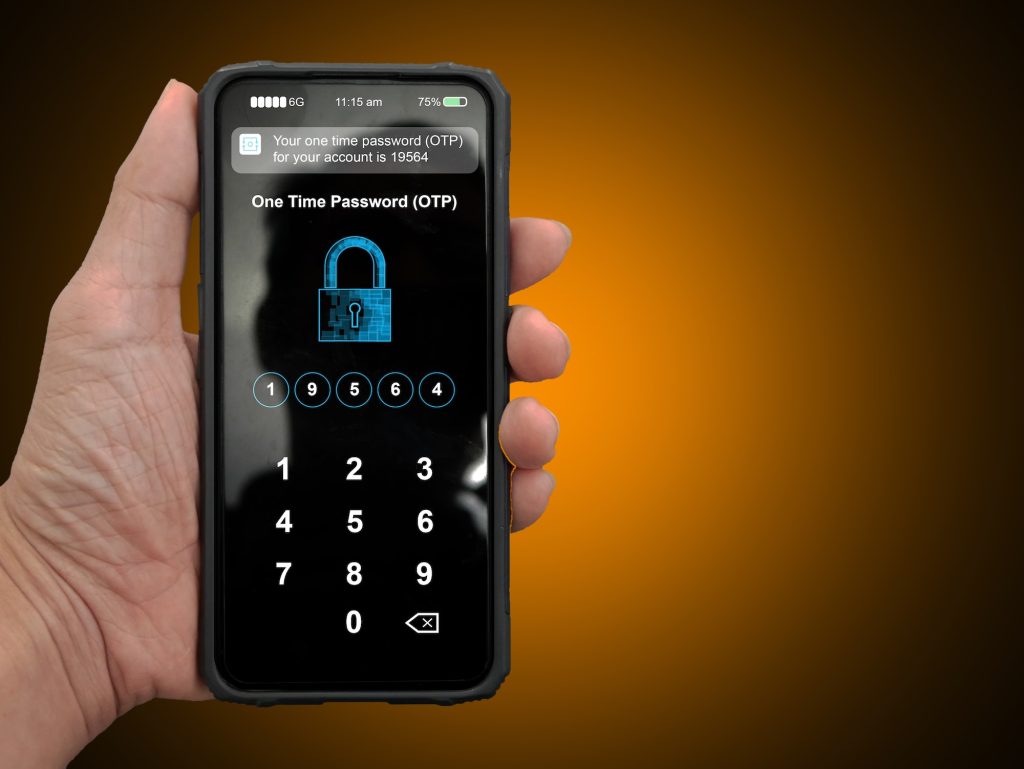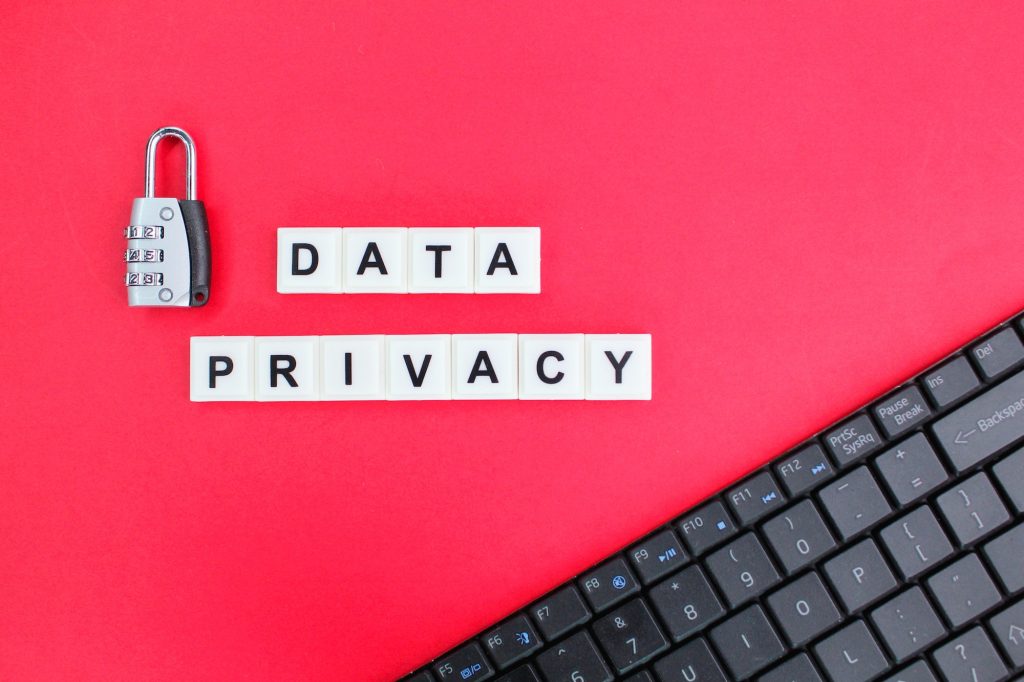Operating a small or medium-sized business (SMB) or a micro-SMB in New Zealand comes with its unique set of challenges and opportunities. Among these, have you considered the state of your cybersecurity? Think of your business as a fortress. In a world where digital threats are as real as physical ones, leaving your digital gates unguarded is not an option.

In New Zealand, cybersecurity is not just a buzzword; it’s a critical business requirement. With the increasing number of cyberattacks targeting New Zealand businesses, Cyber Awareness has never been more crucial. For instance, according to CERT NZ, the average financial loss per cybersecurity incident in New Zealand was over NZD $21,000 in Q1 2021. A robust cybersecurity posture can serve as a competitive advantage, especially when customers are increasingly concerned about data privacy.
Key Points:
In the New Zealand context, firewalls are the gatekeepers of your digital domain. They scrutinize incoming and outgoing traffic, blocking or allowing data packets based on a set of security rules. Hardware firewalls protect your network at its entry point, while software firewalls offer more granular control on individual devices. For example, Cisco’s hardware firewalls provide enterprise-level security features tailored for New Zealand SMBs.
Key Points:


For New Zealand businesses, antivirus software serves as the vigilant security guard of your digital environment. It continuously scans for malicious software and activities, crucial for protecting against local and global threats. Features like real-time scanning and scheduled scans are essential. Norton Antivirus, for instance, offers these features along with a secure VPN, making it a popular choice among New Zealand SMBs.
Key Points:
In New Zealand, where remote work is increasingly common, a Virtual Private Network (VPN) acts as your invisible cloak, safeguarding your online activities and encrypting data. Companies like ExpressVPN offer military-grade encryption and IP masking, ensuring that your online activities remain anonymous and secure, a must-have for New Zealand businesses.
Key Points:


Intrusion Detection Systems (IDS) are your digital watchdogs, especially vital for New Zealand businesses that are part of global supply chains. They monitor network traffic for suspicious activities and alert you in real-time. Host-based systems focus on individual devices, while network-based systems monitor network traffic. Snort, a popular open-source network-based IDS, can identify a wide range of attacks and suspicious activities.
Key Points:
Multi-Factor Authentication (MFA) is akin to having multiple locks on your door, a security measure that is becoming standard practice in New Zealand. It requires users to present two or more verification factors to gain access. Google Authenticator is a commonly used app for this purpose in New Zealand.
Key Points:


Data encryption is particularly crucial for New Zealand businesses that deal with international clients or remote workers. Disk encryption tools like BitLocker encrypt the entire hard drive, while file encryption tools like VeraCrypt focus on individual files. This is essential for protecting sensitive information, especially during data transfers.
Key Points:
Cloud storage security is paramount for New Zealand businesses. Look for services that offer end-to-end encryption and two-factor authentication. Dropbox Business, for example, provides these features along with advanced access controls, making it a reliable choice for New Zealand SMBs.
Key Points:
In New Zealand, employee training in cybersecurity is not just a recommendation; it’s a necessity. Training programs should include phishing simulations and regular updates on the latest cybersecurity threats. KnowBe4 offers comprehensive training modules that are highly relevant for the New Zealand workforce.
Key Points:
Regular cybersecurity audits are akin to medical check-ups for your New Zealand business. These can be internal, conducted by your IT team, or external, performed by specialised third-party services. Tools like Nessus can assist in these audits, providing in-depth vulnerability assessments tailored for the New Zealand market.
Before diving into the audit process, clearly define what you aim to achieve. Are you focusing on compliance, vulnerability assessment, or both? The scope will guide the audit, ensuring that it is both targeted and effective. For instance, if you’re in the healthcare sector in New Zealand, compliance with the Health Information Privacy Code might be a key focus.
While conducting audits in-house provides a level of control and cost-effectiveness, it often falls short in specialised expertise. To bridge this gap, consider outsourcing specific audit components to specialised IT experts. By doing so, you benefit from cutting-edge industry knowledge and an external perspective, enhancing the comprehensiveness and reliability of your cybersecurity audits. This approach allows for a synergistic blend of internal oversight and external expertise, optimising your cybersecurity posture.
For SMBs and Micro-SMBs that may not have the resources to employ a full-time Chief Information Security Officer (CISO), hiring a Virtual CISO (vCISO) can be an astute strategic move. A vCISO brings executive-level cybersecurity expertise to your organisation without the full-time commitment, providing oversight and strategic direction for your audit processes. This ensures that your audits are not only technically sound but also aligned with broader business objectives and compliance requirements. Leveraging a vCISO’s expertise can significantly elevate the effectiveness and strategic value of your regular cybersecurity audits.
Backup solutions are your contingency plans, especially vital in New Zealand where natural disasters like earthquakes can pose additional risks. Local backups offer quick access but are vulnerable to physical risks like fire or theft. Cloud backups, such as those offered by Backblaze, provide off-site storage, safeguarding against both cyber and physical risks.
Key Points:
In New Zealand, cyber insurance is becoming increasingly important. It offers liability coverage that covers the costs associated with cyber incidents, from legal fees to customer notification and credit monitoring services. Companies like CyberPolicy offer tailored packages for New Zealand SMBs.
Key Points:
In New Zealand, compliance with the Privacy Act 2020 is mandatory for businesses. This act mandates stringent data protection measures and imposes penalties for data breaches. Non-compliance can result in severe penalties, including hefty fines.
Key Points:
There's no one-size-fits-all answer. It depends on your specific needs, but a combination of firewalls, antivirus software, and employee training is generally a good start for New Zealand businesses.
At least once a year, but more frequent audits are recommended due to the evolving cyber threat landscape specific to New Zealand.
Absolutely. It provides a financial safety net in case of a cyber incident, covering everything from legal fees to customer notification costs.
Start with a risk assessment to identify your vulnerabilities. Tools like RiskLens can help you quantify your cyber risks in financial terms.
Both have their pros and cons. In-house gives you more control, while outsourcing offers specialised expertise. Evaluate your needs and resources before making a decision.
“Working with NanoTech Security has been a transformative experience for my small business in Whangarei. Their expertise in MFA and IT compliance has significantly bolstered our IT posture. A great partnership that’s made us more secure and compliant. Highly recommended for any NZ business.”
– Henare Tōpota, Small Business, Whangarei
For New Zealand SMBs and Micro-SMBs, Cyber Awareness is not a one-time initiative but an ongoing commitment. By equipping your business with a comprehensive cybersecurity toolkit, you’re not just protecting your business; you’re fortifying your reputation and ensuring long-term success in the New Zealand market. Stay vigilant, stay updated, and most importantly, stay secure.